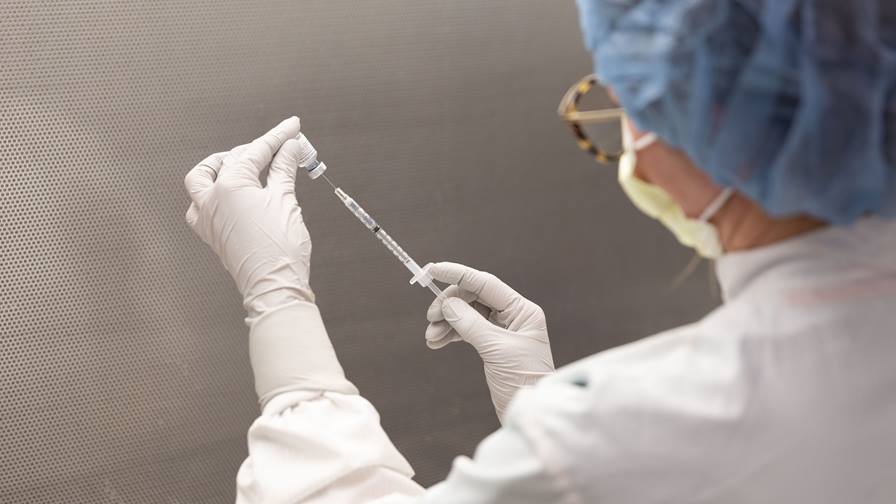
The FDA has now authorized a third dose of mRNA vaccines for severely immunocompromised patients. This group includes recipients of solid organ and bone marrow transplants, patients receiving chemotherapy or other immunosuppressive and biologic medications, patients with HIV, and inherited immunodeficiencies. Here’s the updated EUA fact sheet for providers and a link to the Utah Department of Health statement.
Physicians, APPs, and care teams who treat patients with qualifying conditions are asked to encourage full vaccination. Read more about eligibility.
Here are answers to answers to common questions about third-dose vaccines:
Should we advise patients to receive a third dose?
Yes. The summary of available data that prompted this decision is in the slides used by the CDC advisory panel. Data isn’t yet available for all categories of immunocompromised patients. However, third-dose administration was safe in these studies. Patients had similar vaccine response symptoms after the third dose as with the second dose. The response rate after the third dose in patients who didn’t develop detectable antibodies after the first two doses was modest but positive. Antibodies were detectable in about 30% more patients after the third dose. A third dose will also likely improve protection against variants, make immunity last longer, and decrease the likelihood of severe disease should breakthrough infection happen. However, even with a third dose, more than a third of immunocompromised patients may still not develop antibodies, and most will remain partially immune. It’s essential for immunocompromised patients to take appropriate precautions, including wearing masks indoors, distancing, and limiting gatherings.
Who is eligible?
Patients who’ve received both doses of either the Pfizer or Moderna mRNA vaccines are eligible for a third dose. This change doesn’t apply to patients who received the Johnson & Johnson vaccine. The FDA’s recent EUA also doesn’t authorize mix-n-match strategies between products. The CDC and FDA are actively exploring these scenarios, and we expect an update on these options soon. It’s possible that in addition to immunocompromised patients, other high-risk groups may be authorized for third doses soon.
When can the third dose be delivered?
The EUA permits a third dose of the same mRNA vaccine product starting as early as 28 days after the second dose and as long as 12 months after the first two doses. As with decisions about the timing of the first and second doses, it will be essential to consider each patient individually to optimize vaccine response based on the current plans for immunosuppressive therapy.
What is the plan for vaccine delivery?
We recognize that all immunocompromised care teams receive high volumes of inquiries from patients about third- vaccines. Patients can find vaccination locations at vaccines.gov or by calling the following numbers: 1-800-232-0233 or TTY 1-888-720-7489 or Disability Information and Access Line: 1-888-677-1199. Patients can also receive vaccinations at Intermountain vaccine clinics located in Medical Group facilities.

